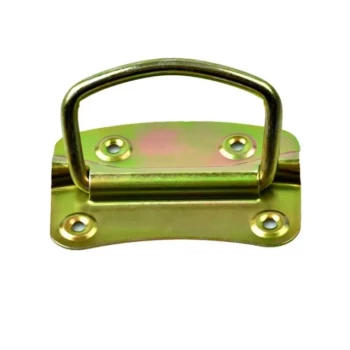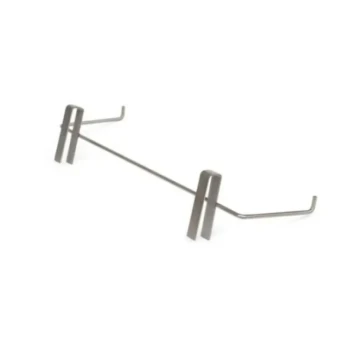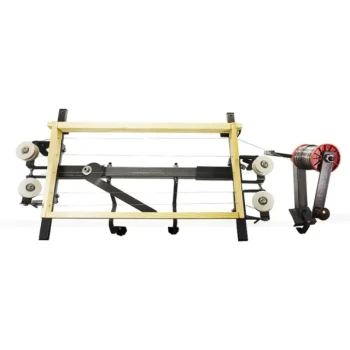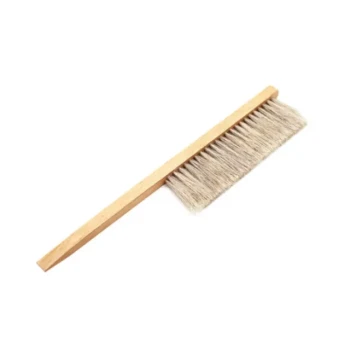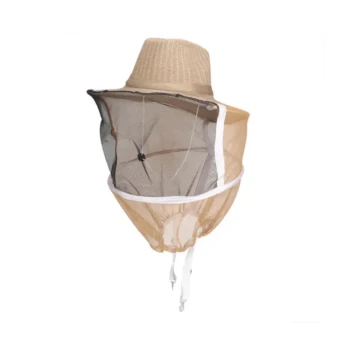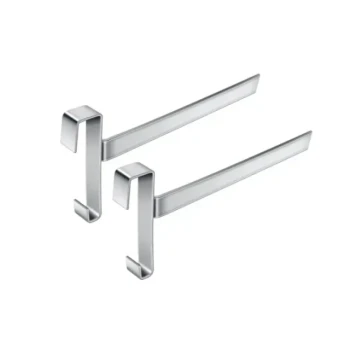The consensus for new beekeepers is clear: do not feel obligated to build your own beehive. The first year of beekeeping involves a steep learning curve with many potential points of confusion. Unless you are already a skilled carpenter, purchasing a pre-made hive allows you to focus your energy on the most critical task: learning to care for your bees.
Your primary goal in the first year is to learn beekeeping, not woodworking. Purchasing a pre-built hive removes a major variable, allowing you to focus entirely on the health and management of your new colony.
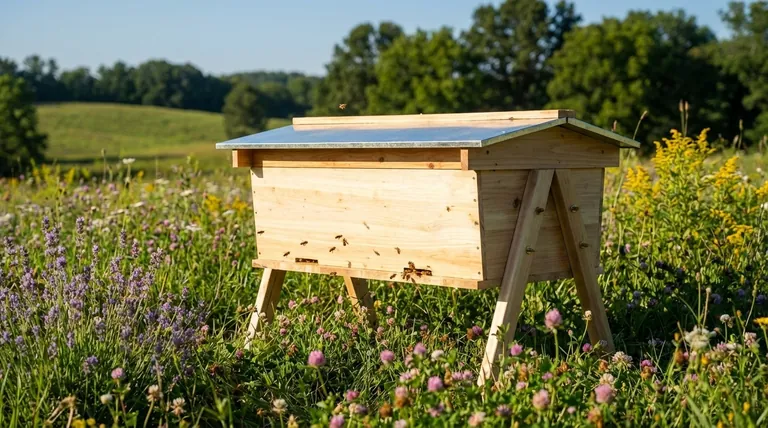
Why Buying Is the Standard Recommendation
The advice to buy your first hive is rooted in a strategy of simplifying your entry into beekeeping. It sets you up for success by letting you concentrate on what truly matters.
Eliminating Unnecessary Complexity
Your first year will be filled with new tasks: learning to inspect a colony, identifying the queen, recognizing signs of disease, and understanding the seasonal nectar flow.
Adding the challenge of hive construction on top of this can be overwhelming. A pre-made hive arrives ready to go, removing a significant source of potential error and stress.
The Critical Role of Precision
A beehive is more than just a wooden box; it is a precisely engineered structure. The entire design of modern hives revolves around the concept of "bee space."
This refers to a gap of 1/4 to 3/8 of an inch, which bees will respect and leave open for passage. If your construction is even slightly off, the bees will either seal smaller gaps with propolis or build unwanted comb in larger gaps, making inspections incredibly difficult.
Focusing Your Energy on the Bees
By purchasing a hive, you are strategically investing your limited time and energy where it has the most impact.
This allows you to dedicate your focus to observing colony behavior, managing pests, and ensuring your bees have what they need to survive their first winter.
Understanding the Trade-offs
While buying is recommended, it's important to understand why some people are drawn to building their own equipment. Acknowledging the trade-offs provides a complete picture.
The Allure of Building Your Own
There is a deep satisfaction that comes from building your own equipment. For those with the right skills and tools, it can be a way to connect more deeply with the craft.
Furthermore, building can sometimes be less expensive than buying, especially if you have access to low-cost lumber and a fully equipped workshop.
The Hidden Costs of a DIY Hive
A poorly constructed hive can be a disaster. If frames don't fit or boxes don't stack properly, you create constant problems for yourself and stress for the bees.
The risk of a failed colony due to equipment issues can easily outweigh any initial cost savings. The time spent correcting mistakes is time you could have spent learning from your bees.
When Does Building Make Sense?
The advice to buy is not absolute. If you are an experienced woodworker with a passion for precision, building your hive can be a perfectly viable option.
The key is an honest assessment of your skills. If you are confident you can follow plans and maintain tolerances within a fraction of an inch, the project can be a rewarding part of your beekeeping journey.
Making the Right Choice for Your First Year
Your decision should be based on your primary goal for starting this hobby.
- If your primary focus is a successful first year with minimal stress: Purchase a pre-assembled hive or an easy-to-assemble kit from a reputable supplier.
- If you are an experienced woodworker and enjoy a challenge: Building your hive can be a rewarding part of the journey, but ensure your plans adhere strictly to standard bee space measurements.
Ultimately, the best hive is one that allows you to successfully support your bees through their first critical season.
Summary Table:
| Recommendation | Primary Reason | Key Benefit |
|---|---|---|
| Buy a Pre-Made Hive | Steep learning curve in year one | Focus energy on bee care, not woodworking |
| Avoid DIY (for beginners) | Critical precision of 'bee space' (1/4-3/8 inch) | Eliminates stress and potential for colony issues |
Focus on your bees, not the woodwork. Let HONESTBEE handle your equipment needs.
As a commercial apiary or beekeeping equipment distributor, your success depends on reliable, precision-made hives. HONESTBEE supplies high-quality, pre-built hives and beekeeping supplies through our wholesale operations, ensuring your equipment meets the exacting 'bee space' standard for healthy, manageable colonies.
Contact our wholesale team today to discuss your supply needs and ensure your beekeeping operations are built for success.
Visual Guide
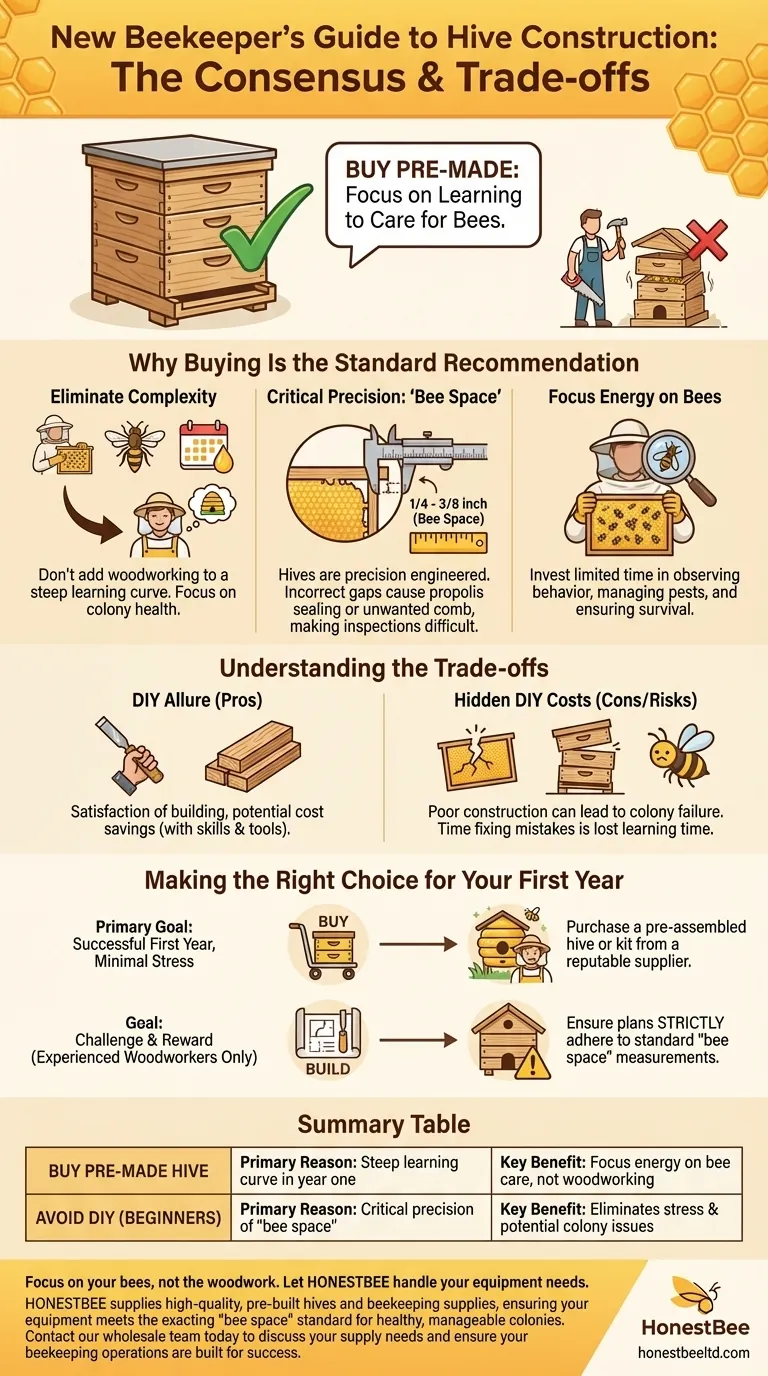
Related Products
- Long Langstroth Style Horizontal Top Bar Hive for Wholesale
- Wholesales Dadant Size Wooden Bee Hives for Beekeeping
- Professional Insulated Winter Hive Wrap for Beekeeping
- Professional Grade Foldable Beehive Handles
- Black Plastic Beetle Barn Hive Beetle Trap for Beehives
People Also Ask
- What are the ergonomic and management advantages of Horizontal Top-Bar Hives? Modern Beekeeping with Less Strain
- What are the box management requirements for a top bar hive vs. Langstroth? Choose Your Hive Strategy
- What are the specific environmental challenges of using a horizontal Top Bar hive in cold climates? Survival Strategies
- What are the advantages of a top bar hive? Simpler, Bee-Centric Beekeeping for All
- How does the top bar hive help control varroa mites? A Natural Approach to Mite Management



